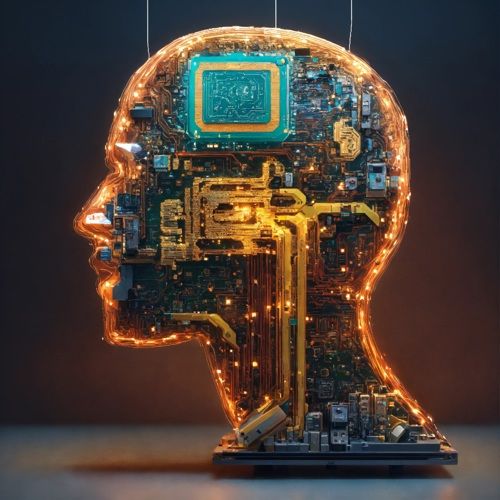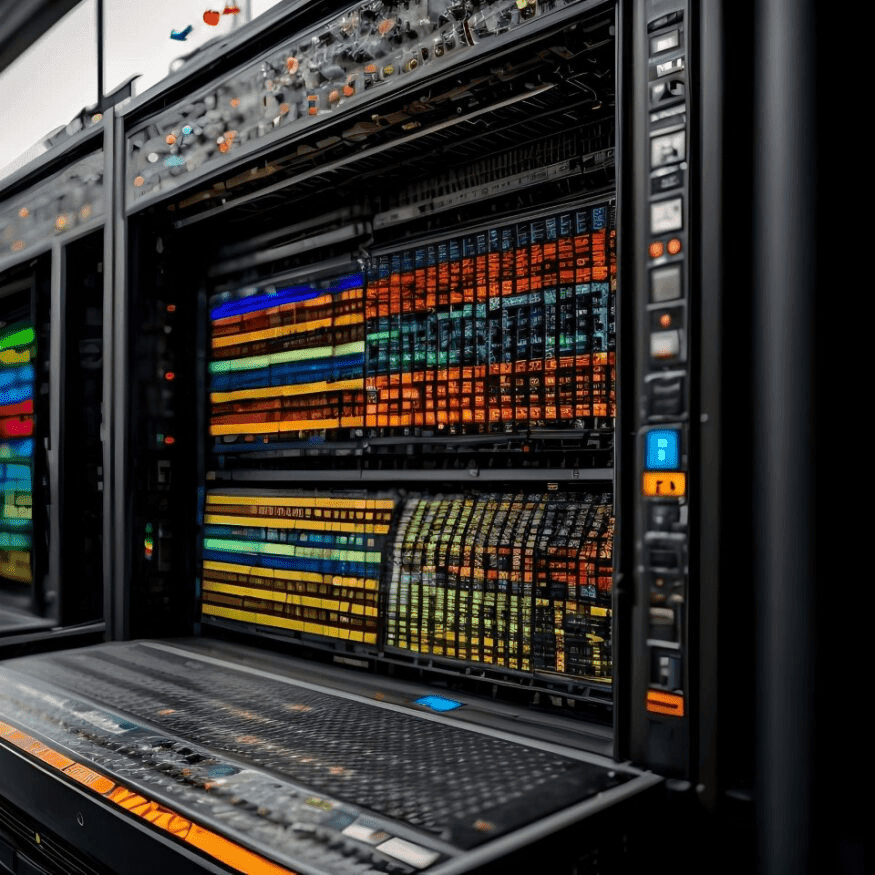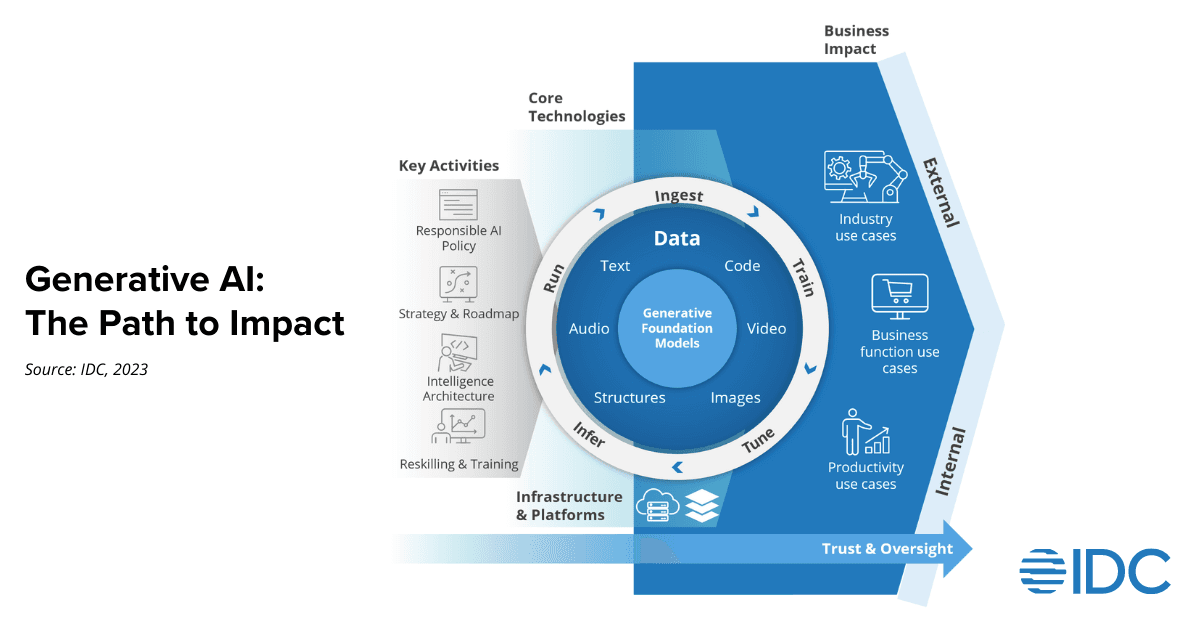In an era where technological advancements are relentlessly pushing boundaries, the rise of artificial intelligence (AI) presents not just breakthrough opportunities but also unprecedented ethical dilemmas. As AI becomes more woven into the fabric of our lives, we must pause to reflect on the ramifications of its evolution. The recent developments in AI-generated imagery are a testament to this duality, offering a window into the intricate dance of innovation and morality.
The rapid evolution of artificial intelligence (AI) technology has brought us to a tipping point where its integration into our daily lives is both a marvel and a matter of ethical concern. Recently, Google's decision to pause its AI-generated images of people after facing criticism for ethnicity bias underscores the complex terrain of AI development. The tech giant's Gemini model, designed to produce diverse and inclusive images, instead sparked a debate over the fine line between correcting historical inaccuracies and overcompensating to the point of distorting reality. In response, Google is revising its algorithms to better balance diversity and accuracy, demonstrating the challenges in creating unbiased AI systems.

This incident is not isolated. Rival AI firm, OpenAI, faced similar scrutiny when its Dall-E image generator was found to perpetuate stereotypes, highlighting the industry-wide challenge of mitigating bias in AI systems. To address this, OpenAI has initiated a comprehensive review of its datasets to reduce bias and improve representation. These efforts underscore the inherent difficulty in programming AI to navigate the nuanced realms of human culture and history without reinforcing harmful stereotypes or creating new biases.
The backlash from the community has prompted a broader discussion about the implications of generative AI in perpetuating or correcting societal biases. Critics argue that these tools, while innovative, reflect and amplify the biases present in their training data, often sourced from the internet, a reflection of society's prejudices. To combat this, some experts suggest a more curated approach to dataset compilation, emphasizing the inclusion of diverse perspectives and the exclusion of discriminatory content.
This conversation highlights the responsibility of tech companies in ensuring their AI models do not inadvertently perpetuate discrimination or historical inaccuracies. In response to these challenges, industry leaders like the CEOs of OpenAI and Intel have emphasized the need for more sophisticated processing power and advanced algorithms to handle the ethical dilemmas posed by AI. Furthermore, initiatives like Saudi Arabia's ambition to become an AI hub highlight the global race towards harnessing AI's potential while navigating its ethical implications. Incorporating expert opinions, such as those from the Institute for People-Centered AI, suggests a multifaceted approach to mitigating bias, involving both technological advancements and ethical considerations.
As we stand at the crossroads of innovation and ethics, it is imperative to steer the course of AI with a conscientious compass. The journey ahead is not merely about technological prowess but also about the wisdom to discern right from wrong in a digital age. By fostering a culture of ethical AI development, we can aspire to create technologies that not only advance our capabilities but also uphold our collective values.










